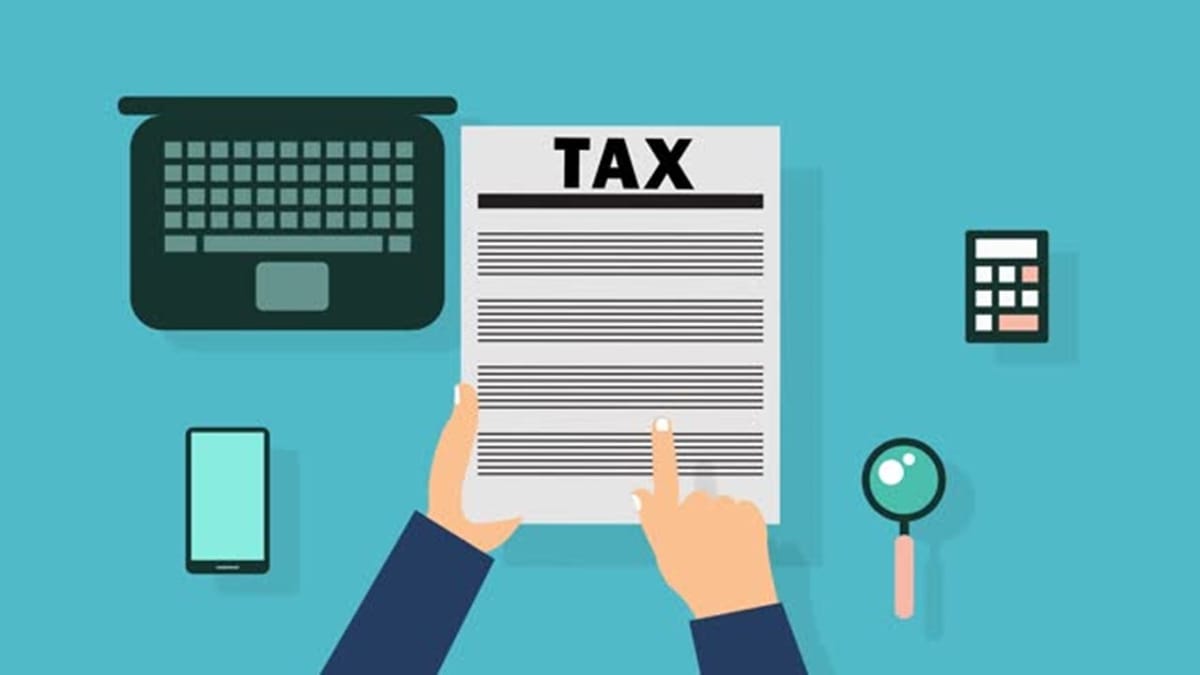This article discusses interesting cases where Tax Liability is zero, but penalty of Rs. 5000 applicable for not filing ITR.
CA Pratibha Goyal | Jul 8, 2024 |

No Tax Liability, but the penalty of Rs. 5000 is applicable for non-filing ITR: Know More
This time of the year, all the tax professionals are busy as the Due date for filing Income Tax Returns (ITR) for Non-Audit and non-transfer pricing cases for Financial year 2023-24 is 31st July 2024.
The Late fee of Rs. 5,000 under section 234F would be leviable where the return is filed after the due date. However, the late fee shall not exceed Rs. 1,000 where, the total income does not exceed Rs. 5,00,000.
It is interesting to note that as per the Income Tax Act, Tax Liability is Zero up to Rs. 700,000 if one falls in New Tax Regime. For Salaried Taxpayers, this limit is Rs. 7,50,000 as a Standard Deduction of Rs. 50,000 is also applicable on them. But in this case since the Income is more than Rs. 500,000, Late Fees of Rs. 5000 is applicable.
Some of the interesting cases are given below:
| Gross Total Income | 200000 | 350000 | 450000 | 500000 | 600000 | 600000 | 700000 |
| Taxable Income | 200000 | 200000 | 350000 | 400000 | 500000 | 550000 | 700000 |
| Required to file ITR | No | Yes | Yes | Yes | Yes | Yes | Yes |
| Tax Liability | 0 | 0 | 0 | 0 | 0 | 0, Under the New Tax Regime | 0, Under the New Tax Regime |
| Late Fees | 0 | 0 | 1000 | 1000 | 1000 | 5000 | 5000 |
When I am compulsorily required to File ITR:
If your gross total income (before deductions under Chapter VI, e.g., sections 80C, 80D, etc.) exceeds the basic exemption limit, you must file an ITR.
Here is the basic exemption limit for several categories under the old tax regime in FY 2023-24 (AY 2024-25):
Here are some stated cases where you must file ITR regardless of your gross total income level:
If an individual’s annual bank deposit in one or more savings accounts is Rs.50 lakh or more, they must file an ITR.
If your income from a profession surpasses Rs.10 lakh in a financial year, you must file an ITR.
If an individual’s electricity bill for the year exceeds Rs.1 lakh, they must file an ITR.
If a person’s TDS/TCS is Rs.25,000 or more, then filing an ITR is essential. Senior citizens, on the other hand, face a Rs.50,000 threshold.
Individuals who have an asset in a foreign nation, are beneficiaries of an asset in a foreign country, or have signing authority in any account located outside of India must file an ITR.
Individuals who spend Rs.2 lakh or more on international travel for themselves or others throughout the financial year are required to file an income tax return.
The following are the consequences of non-filing of income tax returns other than applicability of Late Fees:
Interest Penalty
According to Section 234A, if taxpayers do not pay their taxes on time, they will be required to pay 1% interest each month on the unpaid tax amount.
Carry Forward of Losses
When submitting a belated ITR, you cannot carry forward losses on stocks, futures, and options (F&O), among other things. A belated ITR, on the other hand, allows you to carry forward losses from house property.
Refund of Taxes
Delay in filing ITR, leads to delay in issue of TDS/TCS Refund.
Best Judgment Assessment
If you do not file an ITR, the income tax assessing officer may issue an assessment based on his best judgment. This means that the tax officer can estimate the taxpayer’s income and tax liability using the information available to him.
New Tax Regime now the default Tax Regime
If a Non-Bussiness taxpayer does not file their ITR (ITR-1 and ITR-2) before the due date, he cannot opt for Old Tax Regime.
In case of any Doubt regarding Membership you can mail us at [email protected]
Join Studycafe's WhatsApp Group or Telegram Channel for Latest Updates on Government Job, Sarkari Naukri, Private Jobs, Income Tax, GST, Companies Act, Judgements and CA, CS, ICWA, and MUCH MORE!"